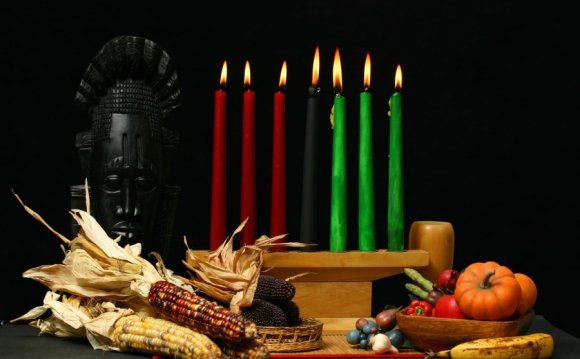
 2015 Diversity Holidays
2015 Diversity Holidays
The United States is rich with diversity, which is reflected in the observances celebrated by its various cultures and populations. Knowledge of the following diversity holidays and celebrations can enhance your workplace diversity and inclusion efforts. (Please note: All dates are for 2015.)
January 4 is Eid Milad Un Nabi, an Islamic holiday commemorating the birthday of the prophet Muhammad. During this celebration, homes and mosques are decorated, large parades take place, and those observing the holiday participate in charity events.
January 5 is Mahayana New Year celebrated on the first full-moon day in January by members of the Mahayana Buddhist branch.
January 6 is Epiphany, a holiday recognizing the visit of the three wise men to the baby Jesus 12 days after his birth. The holiday is observed by both Eastern and Western churches.
January 14 is Makar Sankranti, a major harvest festival celebrated in various parts of India.
January 18 is World Religion Day. This day is observed by those of the Baha’i faith to promote interfaith harmony and understanding. World Religion Day starts sundown of January 17.
January 18-25 is the Week of Prayer for Christian Unity. During the week, Christians pray for unity between all churches of the Christian faith.
Third Monday in January (January 19) is Martin Luther King Day, commemorating the birth of Martin Luther King, Jr., the recipient of the 1964 Nobel Peace Prize and an activist for non-violent social change until his assassination in 1968.
January 26 is Republic Day of India. This day recognizes the date the Constitution of India came into law in 1950, replacing the Government of India Act of 1935. This day also coincides with India's 1930 declaration of independence.
January 31 is the birthday of Guru Har Rai, the seventh Sikh guru.
February
February is Black History Month in the United States and Canada. Since 1976, the month has been designated to remember the contributions of people of the African Diaspora.
February 3 (sunset) – February 4 (sunset) is TuB'shvat, a Jewish holiday recognizing "The New Year of the Trees." It is celebrated on the fifteenth day of the Hebrew month of Shevat. In Israel, the flowering of the almond tree usually coincides with this holiday, which is observed by planting trees and eating dried fruits and nuts.
February 8 is Nirvana Day, the commemoration of Buddha’s death at the age of 80, when he reached the zenith of Nirvana. February 15 is an alternative date of observance.
February 16 is President’s Day, originally established to honor Presidents Washington and Lincoln, it now serves as a reminder of the contributions of all U.S. presidents.
February 17 is Maha Shivaratri, a Hindu holiday that honors Shiva, one of the Hindu deities.
February 17 is Mardi Gras, also known as Fat Tuesday or Shrove Tuesday, is the last day of feasting before Lent begins on Ash Wednesday.
February 18 is Ash Wednesday, the beginning of Lent in the Christian faith. As a display of atonement, ashes are marked on worshippers. Lent, which is observed during the seven weeks prior to Easter, is a time of reflection and preparation for the Holy Week and is observed by fasting, charitable giving, and worshipping.
February 19- 21 is Losar, the Tibetan Buddhist New Year. Losar, which means new year in Tibetan, is considered the most important holiday in Tibet.
February 19 also marks the start of the Asian Lunar New Year, celebrated by many Asian groups including Chinese, Vietnamese, and Koreans. This year is the Year of the Sheep/ Goat.
February 19-March 5 marks the Chinese New Year. This year is the Year of the Sheep/ Goat. Chinese New Year is the most important holiday in the Chinese lunisolar calendar and is recognized by gift giving, parades, decorations, and feasting. The celebration culminates with the Lantern Festival on March 5.
February 26 – March 1 are Intercalary Days for people of the Baha’i faith. At this time, days are added to the Baha’i calendar to maintain their solar calendar. Intercalary days are observed with gift giving, special acts of charity, and preparation for the fasting that precedes the new year.
March
March is Women’s History Month. Started in 1987, Women’s History Month recognizes all women for their valuable contributions to history and society.
March is also National Developmental Disabilities Awareness Month, which was established to increase awareness and understanding of issues affecting people with intellectual and developmental disabilities.
March is National Multiple Sclerosis Education and Awareness Month. It was established to raise public awareness of the autoimmune disease that affects the brain and spinal cord and assist those with multiple sclerosis in making informed decisions about their health care.
RELATED VIDEO












